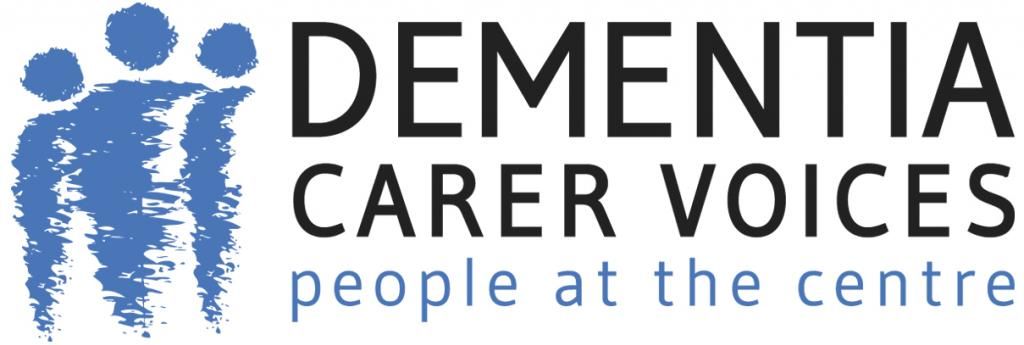Our latest post
comes from Paula Aldin-Scott of the ALLIANCE's Neurological Programme on her
personal motivation and supporting the voice of lived experience to improve neurological
services across Scotland.
I moved into the
not for profit sector in 1999, after 17 years in other sectors. I found the
third sector allowed me to share and enjoy hope, empowerment, fairness,
respect, and equality in the work I do and support.
My previous role
was with the National Neurological Advisory Group (NNAG) whose purpose was to
support and monitor the implementation of the Clinical Standards for Neurological Health Services which aimed
to improve the journey from referral into services and ensure everyone who
accessed a service experiences a quality of care that gives confidence.
Hearing the voice of lived experience was a vital element to this work, through
the Neurological Voices Programme which sought
to connect and empower people to get involved in improving local services.
There have been
many successes in the delivery of improvement, as we championed the development
of co-produced care plans for those living with neurological conditions and
gave those committed to improving neurological services a forum to share
learning and good practice. One of the Neurological Voices’ success
stories was the lowering of a pavement outside a NHS Greater Glasgow and Clyde
Neurology Department which improved accessibility.
The challenges to
creating a working environment that delivers on improvement come, ironically,
from change. Changes in government, new legislation and policy, budgets, culture,
demographics, roles and relationships. The most significant change to me being
the enactment of the Public Bodies (Joint Working) (Scotland) Act 2014 and
the advent of health and social care integration. This has shifted the landscape of health and
social care in Scotland to which the neurological community, including
individuals, organisations and health and social care providers, will have to
adapt.
Jamie Hepburn MSP,
Scotland’s Minister for Health Improvement until May’s Scottish Parliament
election, said in March: “The recently published A National Clinical Strategy for Scotland makes it
clear that we want everyone, including people with neurological conditions, to
receive care in their own homes or as close to home as possible.”
I’m proud to say
that the Neurological Programme, recently launched
at the ALLIANCE, has these values at its core:
·
Co-production
·
A seamless health and social care service
·
Learning from the voice of experience
·
Collaborative working
The programme will
strive to have the voice of lived experience heard and acted
upon.
Linking in with the
Chief Medical Officer’s First Annual Report, Realistic Medicine, Dr Catherine
Calderwood states that: “Shared decision-making is core
to the safety, effectiveness and person-centeredness of care and therefore
resonates with Scotland’s Healthcare Quality ambition. The person centred
portfolio in Scottish Government is driving and supporting policies and quality
improvements that help reshape health and care through the lens of people using
services.”
As a reflection of
this our Stakeholder Event on 28th July and Involvement Network event on 18th August seek to engage with organisations and individuals
with interests across a wide range of sectors such as acute care, rare
diseases, palliative care, advocacy and social care.
My personal
challenge as we move forward is to adapt my knowledge and experience from
previous roles to support and empower this voice. I am grateful that what I
have previously learned is not lost but is going to be built on in the future,
and that people who live with neurological conditions will continue to be able
to bring their knowledge and expertise to bear.
Paula Aldin-Scott
The ALLIANCE’s
Neurological Programme





No comments:
Post a Comment
Thank you for leaving a comment at the tommyontour blog. Your comment will be moderated and published very soon.